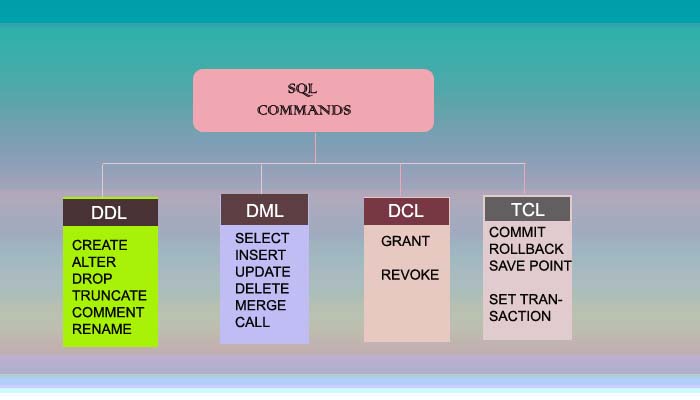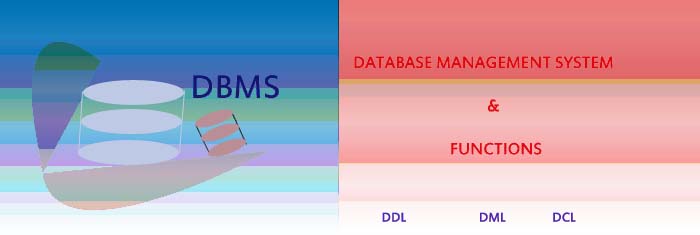Functions of DBMS / What are the functions of DBA in DBMS?
Within this blog post(Functions of DBMS), we are going to discuss the What are functions of DBA in DBMS. What are the DBMS and goals of DBMS? What is DBMS in DBMS?
What are the functions of DBA in DBMS?|Functions of DBMS?
A database administrator is a software to stores and manages data throughout the transaction of data.
It stores modification, manages capacity, manages data migration data security, etc.
What are DBMS and its architecture?
Check out this extensive blog on DBMS and its architecture.

What is the DBMS and what functions of DBMS?
A database management system is a collection of interrelated data and the set program to access that data.
DBMS is designed to store a large body of information in a structured form.
DBMS involves both defining structures for the storage of information and mechanisms for the manipulation of information.
In addition, the database should ensure the safety of information stored despite system crashes or unauthorized access to data.
That means if our system crashes or someone has unauthorized access to our database then the DBMS system should…
…have proper safety measures to protect the data and the ability to limit the users, especially unauthorized users.
The functions of DBMS:
Data Definition: DBMS must be capable enough to accept the data in source form and convert it into the appropriate object form.
In other words, DDL must contain the DDL processor or DDL compiler for each of the data definition languages.
DDL is concerned with the creation of a database or table, drop, and alteration of the data table.
So CREATE, DROP, ALTER, TRUNCATE, COMMENT, and RENAME commands are examples of DDL.
Data Manipulation: DML stands for data manipulation language and it contains various SQL commands like SELECT, UPDATE, DELETE, INSERT, MERGE, EXPLAIN PLAN, and LOCK TABLE.
Optimization and Execution: Whatever the requests that come under DML whether it is planned or unplanned should be processed by the optimizer component whose prime purpose is to determine the most efficient way of optimizing the request. Then optimized request gets executed under the control of the run-time manager.
Data Security and Integrity: DBMS should monitor all the requests made by users and shall restrict those that violate the security constraints made by DBA. These requests can be carried out at either compile time or run time.
Data Recovery and concurrency: DBMS or some other related software should always keep their eye on each transaction request or request processing and must enforce the recovery and concurrency control.
It means data can be recovered at any instance and concurrency control should be in such a way that no two or more simultaneous process conflicts during the time of the data transaction.
Data Dictionary: DBMS must provide a data dictionary function. The data dictionary is a database that contains data about data and is also called metadata or descriptor, which is a definition of other objects in the system instead of raw data. In particular, various schema and mapping and all of the security and integrity constraints will be stored in both source and object form in the dictionary.
Performance: DBMS should perform all the above-listed tasks as efficiently as possible.
Conclusion:
Using this blog post(Functions of DBMS) we have gone through What is DBMS and the goals of DBMS? What is DBMS in DBMS? What functions of DBMS? What are the functions of DBA in DBMS? We have seen the details about DDL, DCL, DML, and TCL.
In the case of any queries, you can write to us at a5theorys@gmail.com we will get back to you ASAP.
Hope! you would have enjoyed this post-DBMS-Functions of DBMS.
Please feel free to give your important feedback in the comment section below|Functions of DBMS|
Have a great time! Sayonara!


